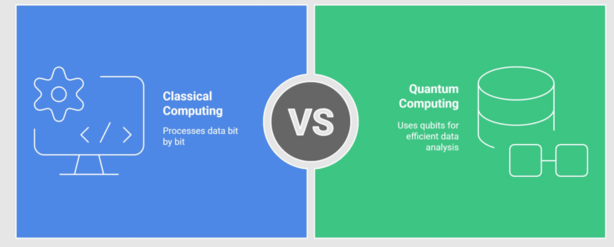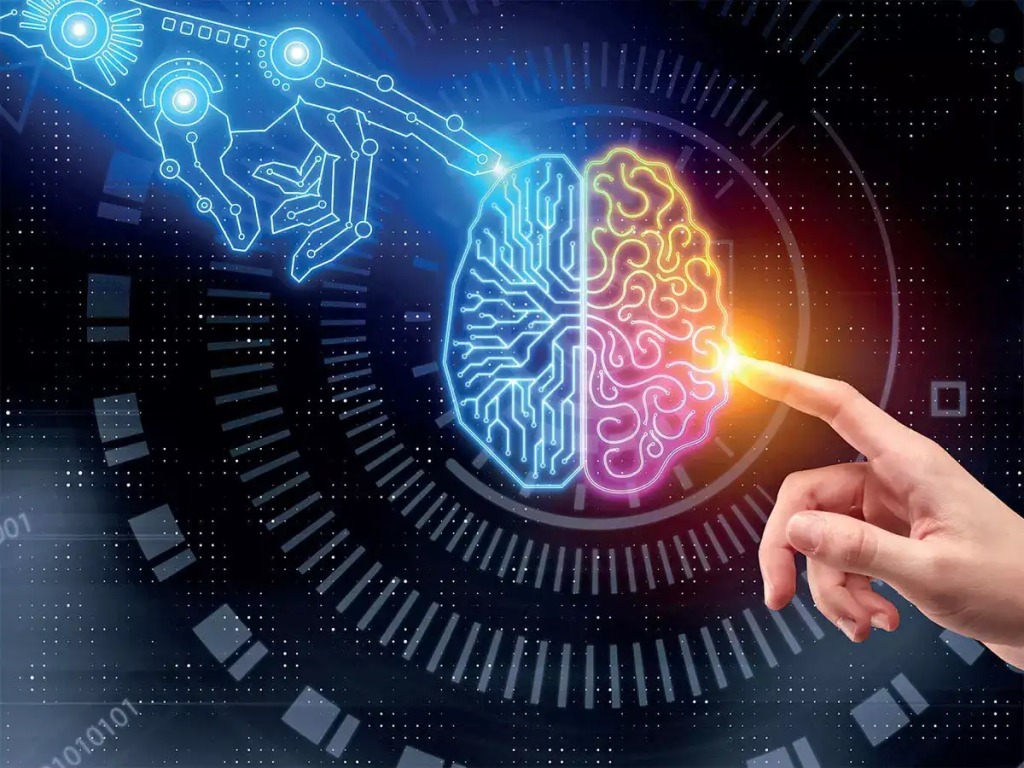
Introduction
Quantum computing is poised to revolutionize the world of artificial intelligence by introducing a new era of computational possibilities. Unlike traditional computers, which process information in a linear and sequential manner, quantum computers harness the principles of quantum mechanics to perform complex calculations in ways that were once thought impossible. This synergy between quantum computing and AI promises to accelerate learning, optimize decision-making, and unlock solutions to problems that have long challenged researchers and industries alike.
Understanding Quantum Algorithms
Quantum algorithms are fundamentally different from classical algorithms. While classical computers use bits that exist as either zero or one, quantum computers use quantum bits, or qubits, which can exist in multiple states simultaneously thanks to the phenomenon of superposition. This allows quantum algorithms to process a vast number of possibilities at once, opening doors to solving previously intractable problems.
A typical quantum algorithm involves several key stages: initializing qubits, applying quantum gates to manipulate their states, creating entanglement and interference between qubits, and finally, measuring the outcome to obtain a result. This unique approach enables quantum algorithms to tackle tasks such as searching large datasets, optimizing complex systems, and simulating natural phenomena with remarkable efficiency.
Quantum Algorithms Transforming AI

Several quantum algorithms are already making a significant impact on AI research and applications:
- Quantum Support Vector Machines: These algorithms enable faster and more accurate classification of complex datasets, improving pattern recognition and decision-making in AI systems.
- Quantum Clustering Techniques: Quantum versions of clustering algorithms, such as quantum k-means, efficiently segment large and high-dimensional datasets, enhancing the ability of AI to detect patterns and anomalies.
- Quantum Neural Networks: By leveraging quantum parallelism, these networks can accelerate the learning and inference processes, potentially surpassing the capabilities of classical neural networks in certain tasks.
- Quantum Principal Component Analysis: This technique helps reduce the dimensionality of large datasets, streamlining feature selection and improving the performance of AI models.
- Quantum Amplitude Amplification: Building on the principles of quantum search, this approach increases the probability of finding optimal solutions, which is foundational for many AI optimization and search tasks.
Quantum Machine Learning: The Intersection of Two Frontiers
Quantum machine learning is an emerging field that combines the strengths of quantum computing with the adaptability of AI. Quantum computers can process and analyze massive datasets in parallel, drastically reducing the time required to train machine learning models. This acceleration is especially valuable for deep learning, where training times can be a significant bottleneck.
Furthermore, many AI challenges, such as optimizing neural networks or allocating resources, are inherently complex optimization problems. Quantum algorithms excel at finding the best solutions among countless possibilities, making AI more effective in fields like logistics, finance, and scientific research.
Quantum algorithms also shine in managing high-dimensional data, which is common in image and speech recognition, natural language processing, and customer segmentation. By handling such data more efficiently, quantum-enhanced AI systems can deliver deeper insights and more accurate predictions.
AI Empowering Quantum Computing

The relationship between quantum computing and AI is not one-sided. AI is also being used to improve quantum computing itself. Machine learning techniques are being developed to correct errors in quantum computations, optimize quantum circuits, and predict the behavior of quantum systems. This collaboration is making quantum computers more reliable and practical, accelerating progress in both fields.
Real-World Applications
The integration of quantum algorithms and AI is already showing promise across various industries:
- Healthcare: Quantum-enhanced AI can process vast medical datasets, leading to faster diagnostics, personalized treatment plans, and accelerated drug discovery.
- Finance: Quantum algorithms optimize risk management, fraud detection, and portfolio allocation by analyzing large-scale financial data in real time.
- Logistics and Manufacturing: Quantum-powered AI solves complex scheduling and supply chain challenges, improving efficiency and reducing costs.
- Scientific Research: Quantum-AI systems are used for simulating molecular interactions, optimizing experimental designs, and advancing our understanding of the natural world.
Challenges and Future Prospects
While the potential is immense, several challenges remain. Quantum computers are still in the early stages of development, with limited qubit counts and sensitivity to noise. Reliable error correction and scalable hardware are essential for practical, large-scale applications. Many quantum algorithms are also experimental and require further research and validation.
Despite these hurdles, progress is rapid. As quantum hardware matures and AI-driven optimization advances, the integration of quantum algorithms and AI will continue to accelerate, unlocking new possibilities across science and industry.
Conclusion
Quantum algorithms are not just enhancing AI—they are redefining its boundaries. By enabling faster learning, deeper insights, and more robust solutions, the fusion of quantum computing and AI is set to drive the next wave of technological innovation. As research and development continue, breakthroughs will reshape everything from healthcare to finance, logistics, and beyond. The quantum-AI revolution is only beginning, and its impact will be felt for generations to come.